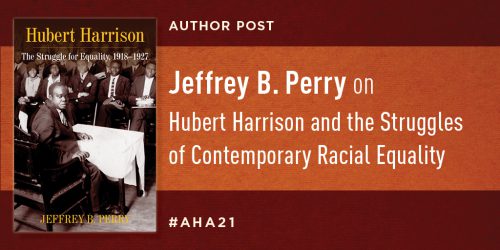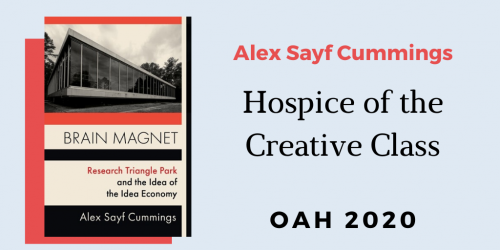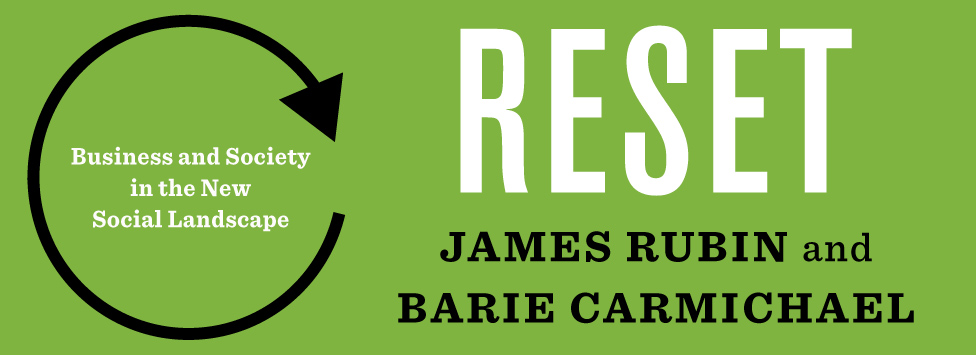The Unsentimental Jane Austen
“It was once said that erotic literature is meant to be read ‘with one hand.’ Our misreaders of Jane Austen mistakenly think she writes about sex and love with both hands tied.”—Rachel Brownstein
In a recent essay for the Book Beast, Rachel Brownstein, author of Why Jane Austen?, challenges the notion of Jane Austen as prim, proper, and overly sentimental. Instead, Brownstein argues, Austen should be seen as offering a “complex, tough-minded view of love, life, and human nature” and a “a satirist of society, and of its notions of respectability.”
Brownstein writes:
[Austen’s] novels are not, as some insist on thinking, the helplessly romantic effusions of a repressed spinster. French writers, coyly and salaciously, used to call erotic literature books meant to be read “with one hand”; contemporary non-readers and misreaders of Jane Austen wrongly imagine her as the respectable opposite of a pornographer, writing about sex and love with both her hands tied. She was in fact a satirist of society, and of its notions of respectability.
It was once said that erotic literature is meant to be read “with one hand.” Our misreaders of Jane Austen mistakenly think she writes about sex and love with both hands tied.
How presumptuous and ridiculous to “liberate” an uptight Austen from her hang-ups and deliver her into a cooler, looser, straighter-talking 21st century. Her view of human nature is as hard-eyed today as it was in her time. Using Austen as a prim and proper foil to radical, modern, sexualized “truths” is by now a tired, old trick—as is attempting to separate the men from the women, the pure from the impure, the divine from the diabolical, the high from the low, the sentimental from the clear-headed, and especially, the naughty (or is it nasty?) from the nice. The distinctions found within Jane Austen’s work are far truer and finer than that.





